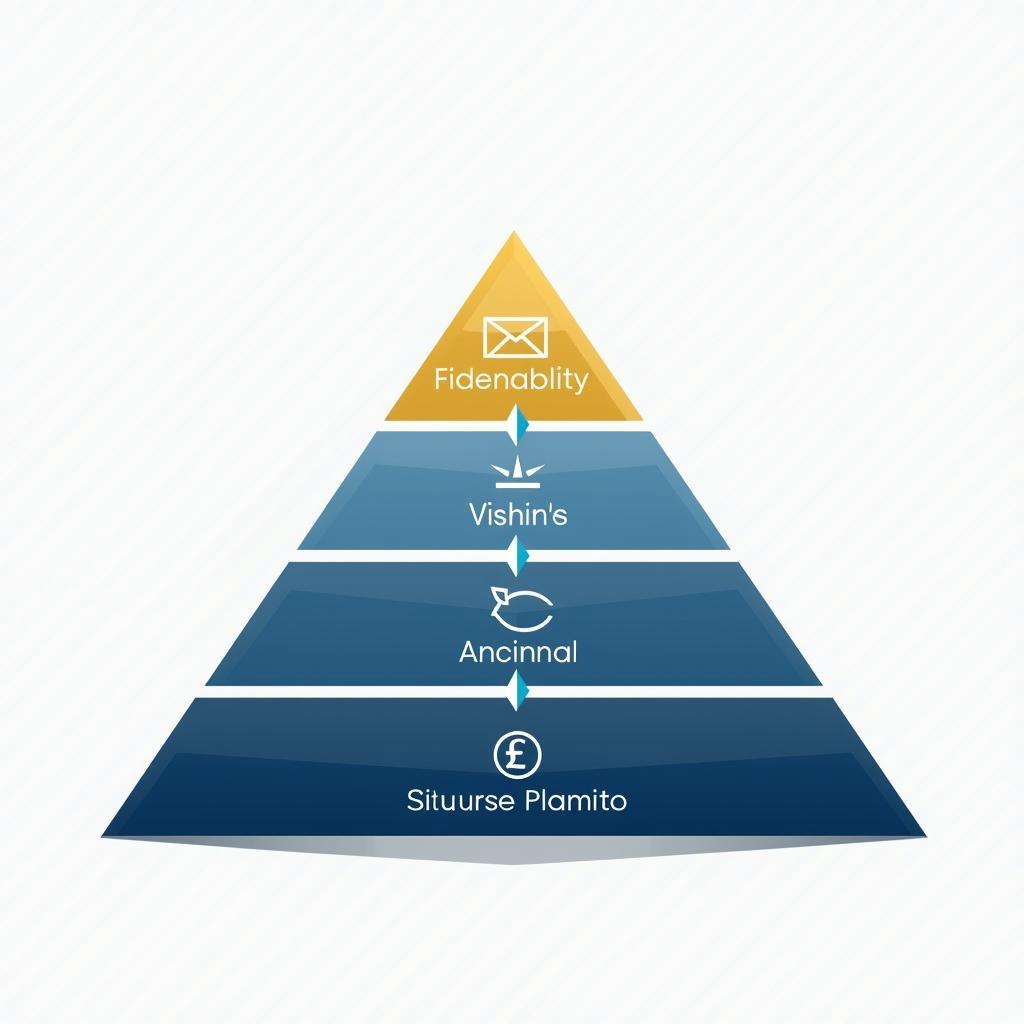Economic equality has been a recurring theme in IELTS Writing Task 2, appearing in approximately 15% of recent test papers. Understanding how to effectively address this topic is crucial for achieving a high band score. Let’s examine one common question type that frequently appears in exams.
Similar to The role of governments in supporting equality, this topic requires careful consideration of various perspectives.

Sample Question Analysis
Some people believe that economic equality cannot be achieved as long as a country maintains a free market economy. To what extent do you agree or disagree with this statement?
Question Breakdown
- Topic: Economic equality in free market systems
- Task type: Agree/Disagree
- Key aspects to address:
- Relationship between free markets and economic inequality
- Possible solutions or counterarguments
- Real-world examples
Band 9 Sample Essay
The relationship between economic equality and free market economies has been widely debated. While some argue that these systems inherently create inequality, I partially disagree with this view, as I believe targeted interventions can promote greater economic equality while maintaining market freedom.
Free market economies do naturally tend to create some degree of inequality. When market forces determine outcomes, those with advantages in skills, resources, or opportunities often accumulate more wealth. This phenomenon relates to the role of governments in reducing inequality through various policy measures.
However, several factors demonstrate that economic equality can be enhanced within free market systems. Firstly, progressive taxation and wealth redistribution programs can help balance income disparities while preserving market mechanisms. Countries like Norway and Denmark maintain robust market economies while achieving relatively high levels of economic equality through well-designed social programs.
Furthermore, investment in education and skill development can increase economic mobility. When all citizens have access to quality education and training, they can better participate in the market economy, reducing systemic inequalities. This approach has proven successful in countries like South Korea, which combines free market principles with strong educational investments.
Government regulations can also promote equality without compromising market freedom. Anti-monopoly laws, worker protections, and minimum wage requirements help prevent extreme concentration of wealth while maintaining competitive markets. These measures demonstrate how importance of financial inclusion for economic development can be achieved through balanced policies.
In conclusion, while free market economies may naturally generate some inequality, targeted interventions can promote greater economic equality without abandoning market principles. The key lies in finding the right balance between market freedom and social equity.
Band 9 Score Explanation
- Task Response: Clear position, fully developed ideas
- Coherence: Logical flow, effective paragraphing
- Lexical Resource: Sophisticated vocabulary
- Grammar: Complex structures, error-free
Band 6.5 Sample Essay
Some people think free market economy and economic equality cannot exist together. I disagree with this idea because I think there are ways to make both work.
In free market economies, some people get richer than others because they have better opportunities. Rich people can make more money from their businesses and investments, while poor people might struggle to improve their situation. This makes the gap between rich and poor bigger.
However, governments can help make things more equal. They can make rich people pay more taxes and use this money to help poor people. They can also make laws to protect workers and make sure everyone gets fair pay for their work.
Education is also important for equality. When everyone can go to good schools, they have better chances to get good jobs and make more money. This helps reduce the difference between rich and poor people.
Some countries show that free markets and equality can work together. For example, some European countries have both free markets and good social programs that help everyone have a decent life.
In conclusion, I think economic equality is possible in free market economies if governments take the right actions to help people. It’s important to find a good balance between freedom and fairness.
Band 6.5 Score Explanation
- Task Response: Clear but simplistic ideas
- Coherence: Basic organization
- Lexical Resource: Limited range
- Grammar: Simple structures, some errors
Key Vocabulary
- economic equality (n) /ˌiːkəˈnɒmɪk ɪˈkwɒlɪti/ – fair distribution of wealth
- free market economy (n) /friː ˈmɑːkɪt ɪˈkɒnəmi/ – economic system with minimal government intervention
- wealth redistribution (n) /welθ ˌriːdɪstrɪˈbjuːʃn/ – transfer of wealth from rich to poor
- systemic inequalities (n) /sɪˈstemɪk ɪnˈkwɒlətiz/ – built-in unfairness in systems
- social mobility (n) /ˈsəʊʃl məˈbɪləti/ – ability to move between social classes
In upcoming IELTS tests, you might encounter variations of this topic focusing on specific aspects of economic equality. Practice writing essays about wealth distribution, income gaps, or social mobility to prepare effectively.
Please share your practice essays in the comments section for feedback and improvement suggestions.